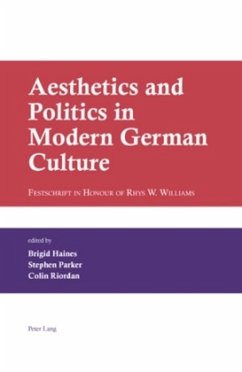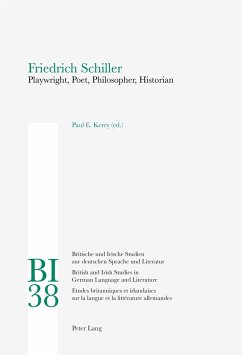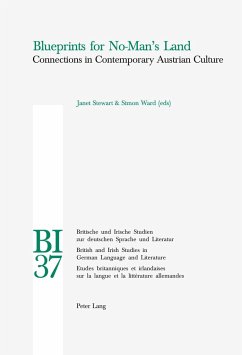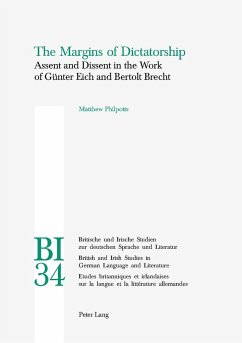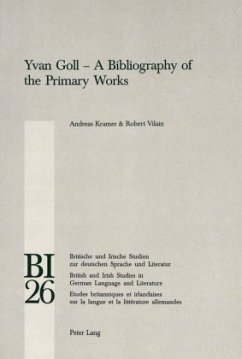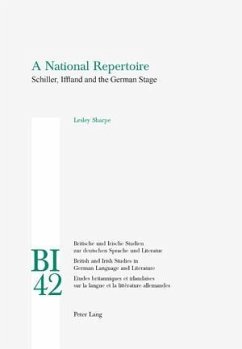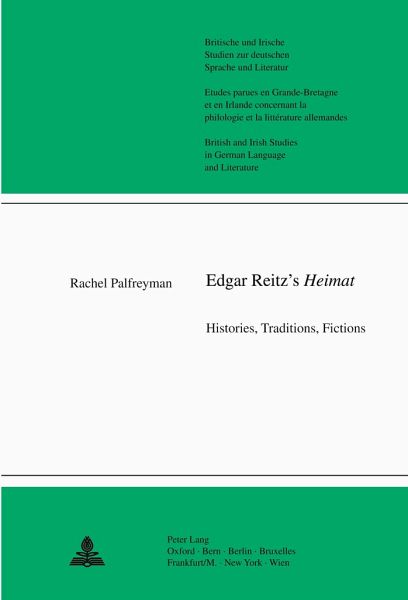
Edgar Reitz's 'Heimat'
Histories, Traditions, Fictions
Versandkostenfrei!
Versandfertig in 6-10 Tagen
57,95 €
inkl. MwSt.

PAYBACK Punkte
0 °P sammeln!
This study of Edgar Reitz's 1984 film saga Heimat explores the cultural contexts of the Heimat tradition and examines the political debate surrounding the film's reception. Responses were largely supportive but some critics were disturbed by an apparent tendency to induce a sense of uncritical nostalgia in viewers. Reitz, by contrast, had wanted to make a film which would help people confront their memories of the Third Reich. The author tests hostile critiques not only against the film's elliptical narrative but also against Reitz's filmic techniques. She examines the interplay of realism and...
This study of Edgar Reitz's 1984 film saga Heimat explores the cultural contexts of the Heimat tradition and examines the political debate surrounding the film's reception. Responses were largely supportive but some critics were disturbed by an apparent tendency to induce a sense of uncritical nostalgia in viewers. Reitz, by contrast, had wanted to make a film which would help people confront their memories of the Third Reich. The author tests hostile critiques not only against the film's elliptical narrative but also against Reitz's filmic techniques. She examines the interplay of realism and authenticity, and shows how Reitz dramatizes the confrontation between modernity and rural communities, while consciously alluding to the problematic and much-derided Heimat genre.







